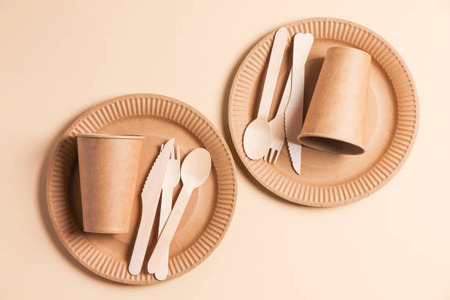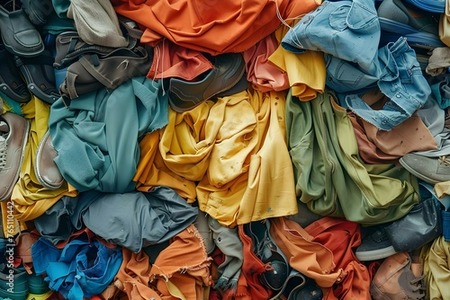
To double the import duty on over 50 textile products which aims at promoting domestic manufacturing is Government's latest action
YarnsandFibers News Bureau 2018-07-23 14:18:00 – MumbaiImports of textile yarn, fabric and made-up articles grew by 8.58% to $168.64 million in June. Though, exports of cotton yarn, fabrics and made-ups grew by 24% to $986.2 million. Exports of man-made yarn, fabrics and made-ups grew 8.45% to $403.4 million.
Exports of all textile readymade garments sinked by 12.3% to $13.5 billion.
S. Mani, partner, Deloitte India said that, the customs duty increases on certain finished textile products would lead to a cost advantage for Indian textile manufacturing, and quoted that, “Many foreign companies may now consider manufacturing in India to cater to domestic demand.â€
The government has doubled the import duty on over 50 textile products like jackets, suits and carpets to 20% in a move that is aimed at promoting domestic manufacturing. The imported products that have become expensive include woven fabrics, dresses, trousers, suits and baby garments.
Ajay Sahai, director-general, Federation of Indian Export Organisations said that, “The duties have been doubled on most textile products. It will help uplift domestic manufacturing, but least developed countries, including Bangladesh, will continue to enjoy duty-free access to Indian markets.â€
India will not be able to offer any further incentive to the textile sector and the government has increased import duties with a view to encourage domestic manufacturing, as experts said according to WTO norms.
Abhishek Jain, partner, EY said that, “Aligned to the ‘Make in India’ initiative, the increased customs duty on import of a range of textile products should entail the domestic manufacturing of these products witnessing growth.â€
The Central Board of indirect Taxes and Custom (CBIC) informed a list of textile products on which duties have been hiked to 20%. It has also raised the ad valorem rate of duty for certain items.
Market Intelligence
Ask for free sample Report

experience
Customer Base
dedicated team
Countries Served Worldwide









